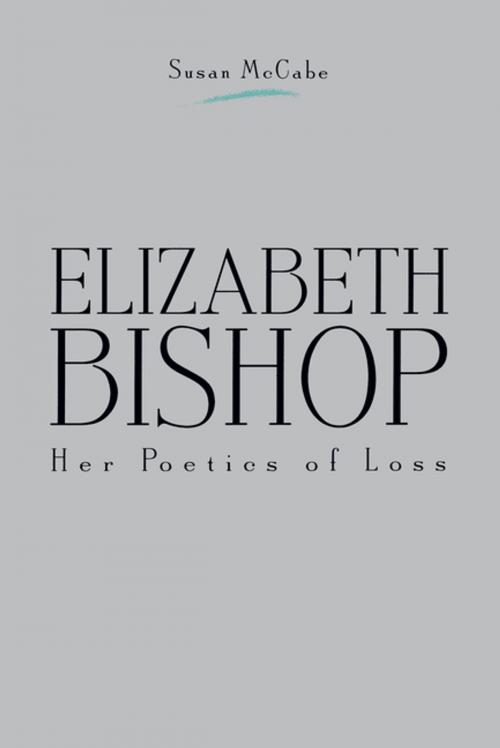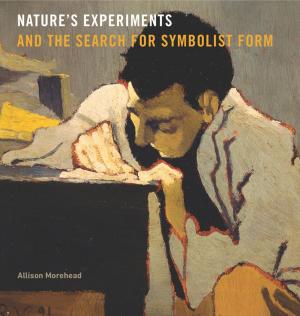Elizabeth Bishop
Her Poetics of Loss
Fiction & Literature, Literary Theory & Criticism, Feminist Criticism, American, Nonfiction, Social & Cultural Studies, Social Science, Gender Studies| Author: | Susan McCabe | ISBN: | 9780271076836 |
| Publisher: | Penn State University Press | Publication: | October 3, 1994 |
| Imprint: | Penn State University Press | Language: | English |
| Author: | Susan McCabe |
| ISBN: | 9780271076836 |
| Publisher: | Penn State University Press |
| Publication: | October 3, 1994 |
| Imprint: | Penn State University Press |
| Language: | English |
Elizabeth Bishop represents a full-scale examination of Bishop's work—poetry, prose, and selected unpublished material—to reveal how personal loss becomes implicated in her vision of self as fluid and unfixed and, at the same time, how gender and sexual identity inform the experience of loss in the act of writing. Susan McCabe argues that Bishop counters modernist claims for an autonomous art object and an impersonal artist; Bishop's writing never represents an escape into perfected forms, but instead calls attention to the processes of language that construct identity. McCabe emphasizes how personal experience is deeply enmeshed with Bishop's poetics. Bishop's project returns to her early losses—the death of her father and her mother's madness—and uses them to disclose the instability of the concepts of self or place through a rhetoric of indeterminacy and uncertainty. Although Bishop has recently begun to receive the critical attention she deserves, this book uniquely brings loss to the foreground in connection with identity, gender, and the fashioning of a feminist poetics.
Elizabeth Bishop represents a full-scale examination of Bishop's work—poetry, prose, and selected unpublished material—to reveal how personal loss becomes implicated in her vision of self as fluid and unfixed and, at the same time, how gender and sexual identity inform the experience of loss in the act of writing. Susan McCabe argues that Bishop counters modernist claims for an autonomous art object and an impersonal artist; Bishop's writing never represents an escape into perfected forms, but instead calls attention to the processes of language that construct identity. McCabe emphasizes how personal experience is deeply enmeshed with Bishop's poetics. Bishop's project returns to her early losses—the death of her father and her mother's madness—and uses them to disclose the instability of the concepts of self or place through a rhetoric of indeterminacy and uncertainty. Although Bishop has recently begun to receive the critical attention she deserves, this book uniquely brings loss to the foreground in connection with identity, gender, and the fashioning of a feminist poetics.















